What is a Halal Certificate?
The Halal Certificate is an official document issued by the Department of Islamic Development Malaysia (JAKIM), confirming that a product, premise, or service adheres to Islamic dietary and hygiene laws. JAKIM’s certification is among the most recognized and respected halal certifications worldwide, ensuring compliance with the Malaysia Halal Standard (MS 1500:2009).
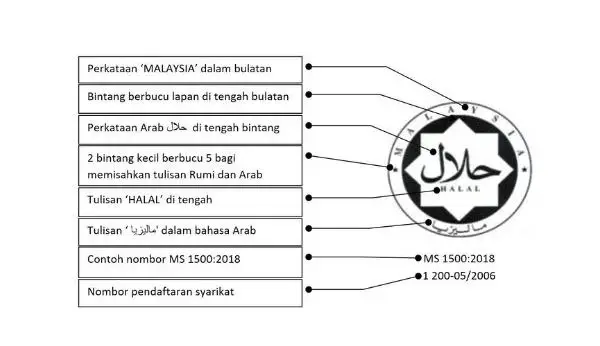
Categories of Malaysia Halal Certification
- Edible Goods & Nutritional Products (Food, beverages, and dietary supplements)
- Hospitality & Dining Establishments (Restaurants, cafés, and hotels)
- Household & Consumer Products (Non-food items used in daily life)
- Beauty & Personal Care Items (Cosmetics, skincare, and grooming essentials)
- Meat Processing & Abattoirs (Slaughterhouses and meat-handling facilities)
- Medical & Pharmaceutical Goods (Medicines, supplements, and healthcare items)
- Supply Chain & Logistics (Transport, storage, and distribution services)
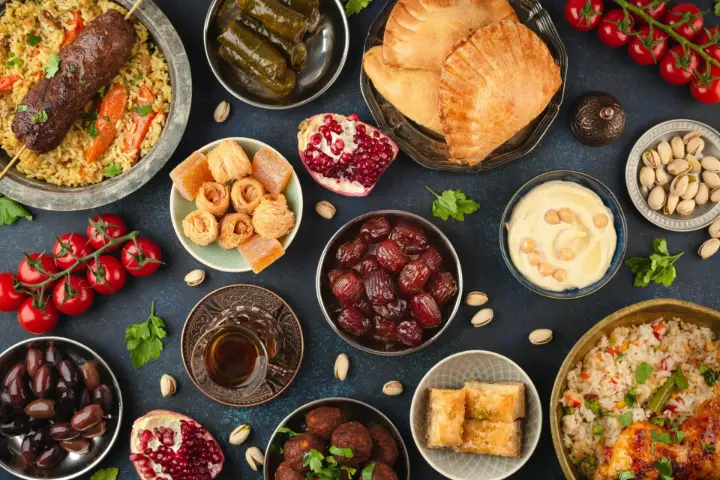
Who Can Apply?
Businesses eligible to apply include:
- Manufacturers & Producers – Companies involved in producing halal-certified goods.
- Sub-contract Manufacturers – Third-party manufacturers producing goods on behalf of another company.
- Repackaging Companies – Businesses repackaging products for retail or wholesale purposes.
- Food Premises – Restaurants, cafés, catering services, and other food-related establishments.
- Slaughterhouses & Abattoirs – Facilities handling meat processing and slaughtering.

Key Application Requirements
Applicants must:
- Be registered with SSM or relevant authorities.
- Hold a valid business license from local authorities.
- Be fully operational before applying.
- Ensure all products comply with halal standards.
- Source halal-certified ingredients.
- Submit applications covering all products from the facility.
- Provide halal certification for repackaged products.
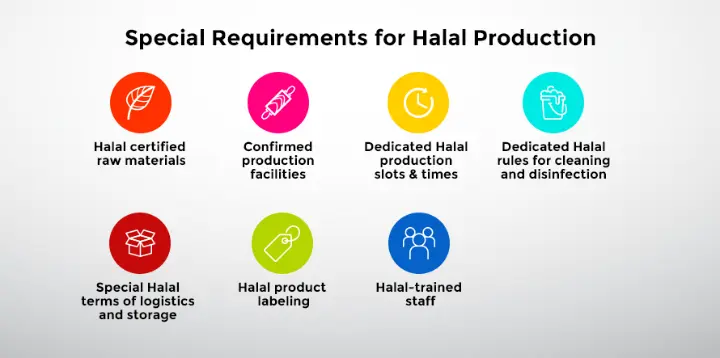
Ineligible Applications
Applications will be rejected if they involve:
- Non-halal products or mixed halal/non-halal operations.
- Misleading names (e.g., ‘bacon’, ‘beer’, ‘hotdog’).
- Unprocessed natural products (fresh vegetables, raw eggs, etc.).
- Items like fertilizers, crockery, and paper products.
- Hotels serving pork-based menus.
- Products still in R&D stages.
Required Documents
Applicants must submit:
- Completed MYeHALAL forms
- Halal ingredient certificates
- SSM registration & business license
- Financial statement (for hotels/resorts)
- OEM agreements (if applicable)
- Employment contracts & ICs of Halal Executive & Muslim workers
- DCA & DVS approvals (if applicable)
- Production flowchart, packaging details, factory layout
Application Process
- Submit an online application via MYeHALAL.
- Upload supporting documents to JAKIM/JAIN.
- Application review & completeness check.
- Make payment & schedule an audit.
- On-site audit & lab testing (if needed).
- Corrective action for non-conformance (if required).
- Final decision by the Certification Panel.
- Issuance of Halal Certificate for approved applications
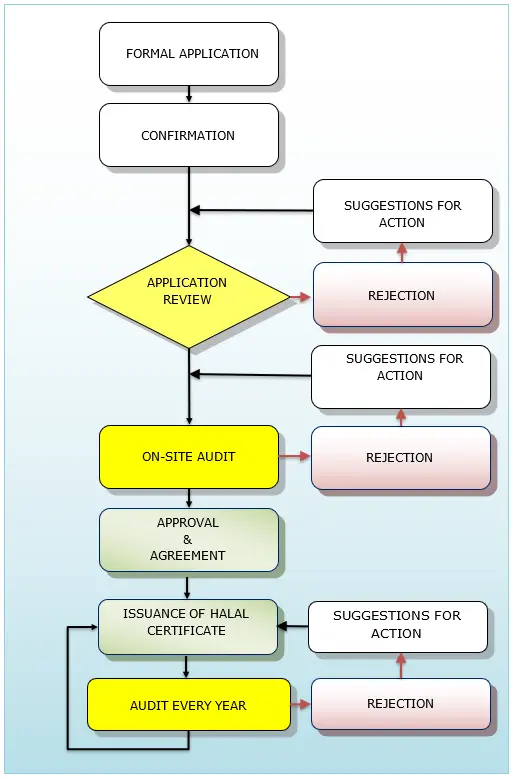
Certificate Usage Conditions
- Cannot be transferred, sold, or altered.
- Must comply with halal laws & regulations.
- Report changes in business details (name, address, ingredients, suppliers).
- Certificates may be revoked for non-compliance.
- Must display the original certificate at all times.
- Halal Logo must include the MS number & reference file number.
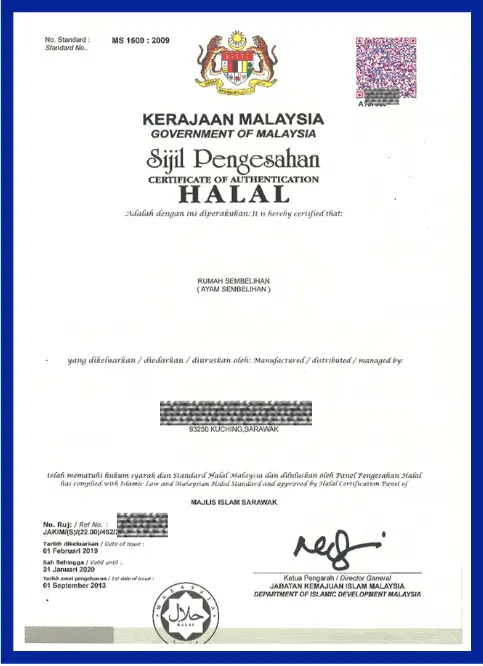
Validity & Renewal
- Valid for 2 years.
- Renewal must be applied at least 3 months before expiry.

More Halal Information
For official guidelines:
- Manual Procedure for Malaysia Halal Certification (Third Revision) 2014
-
MYeHALAL Application Portal

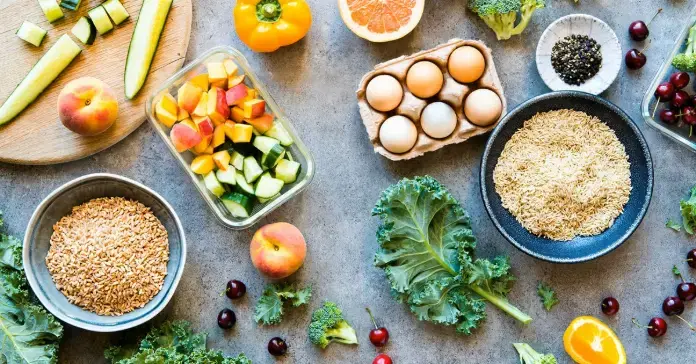
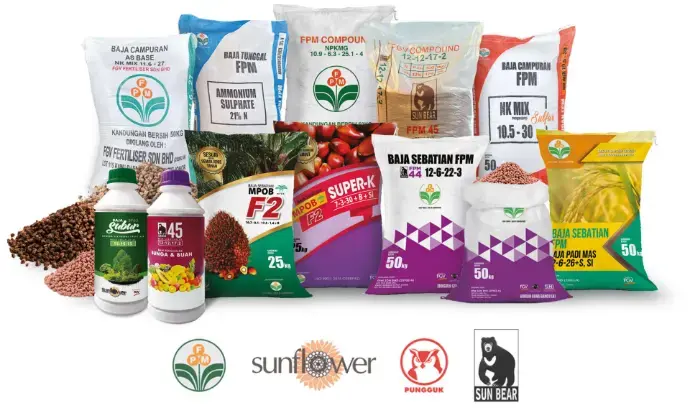
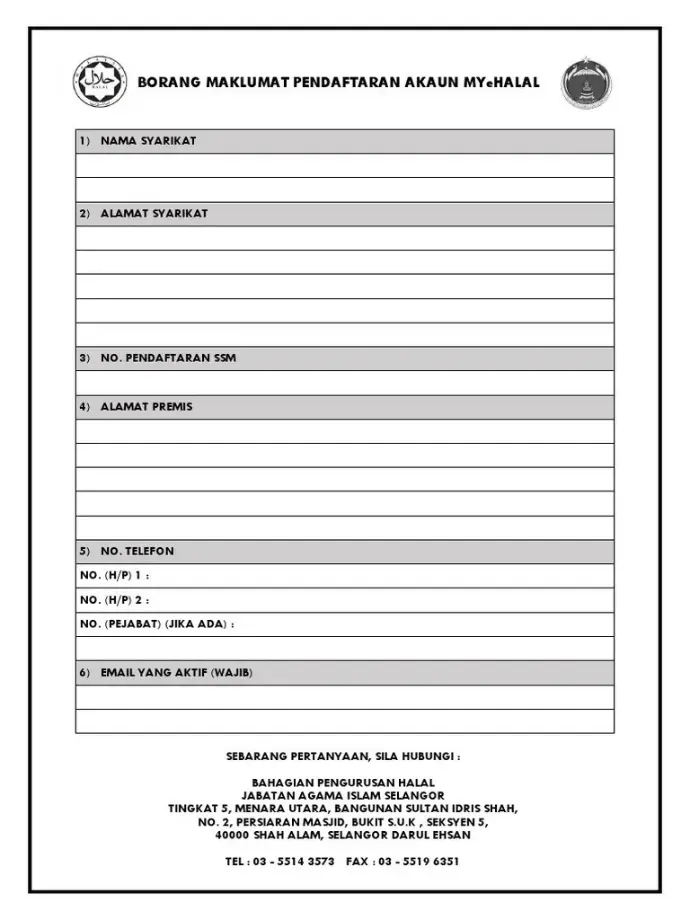
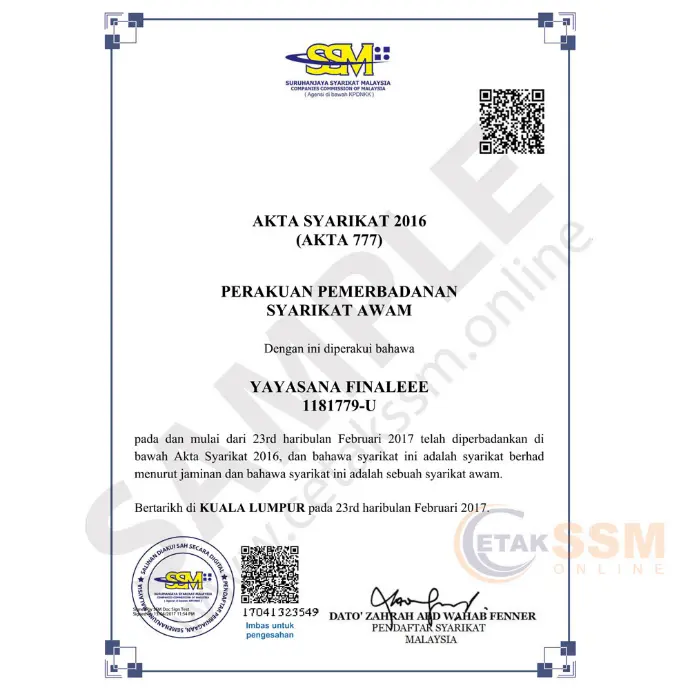
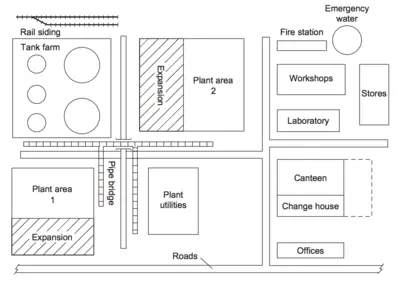
Halal Certification: Why It Matters & How to Get One in Malaysia